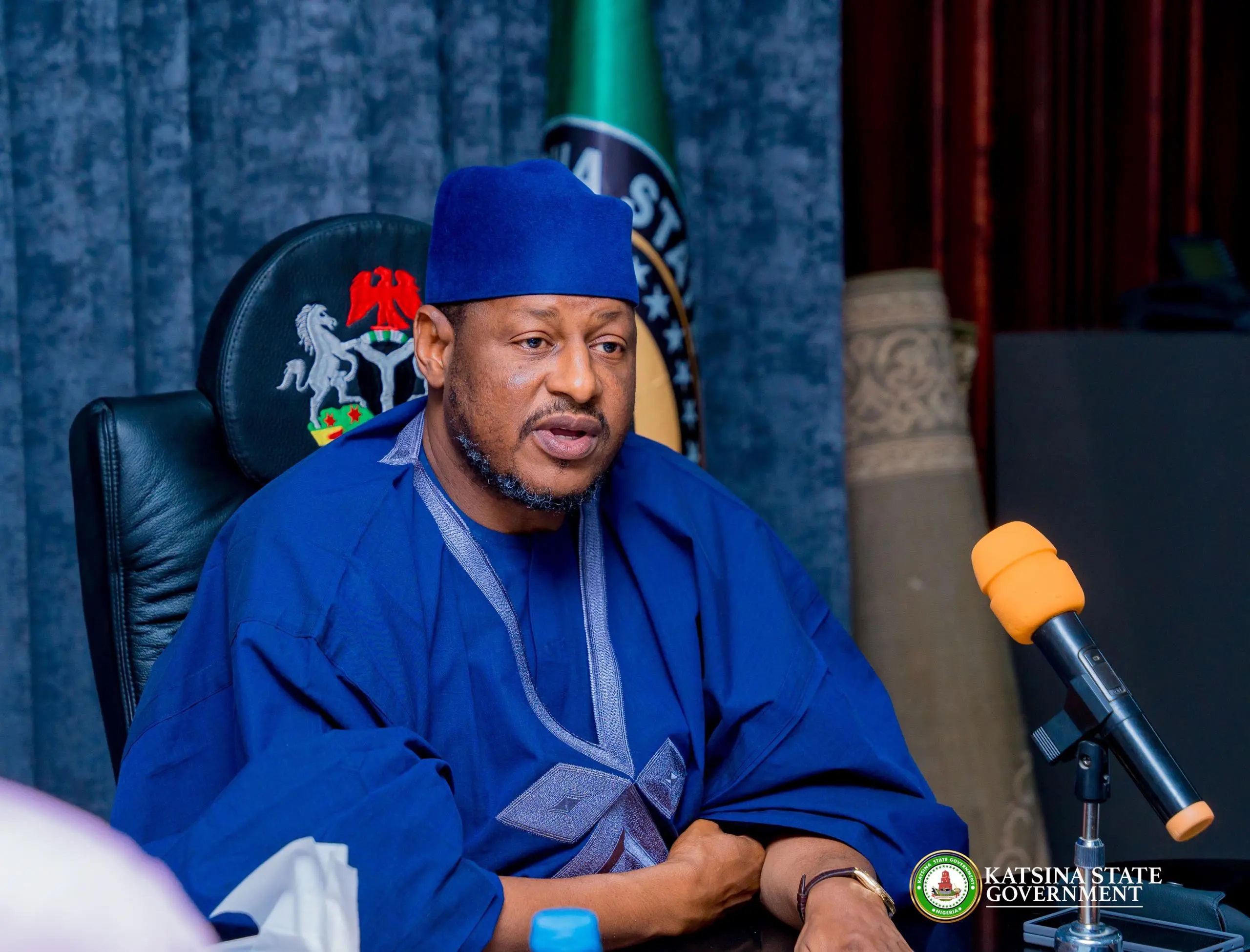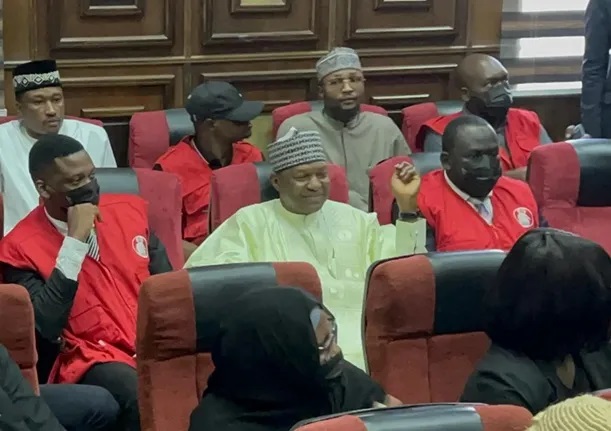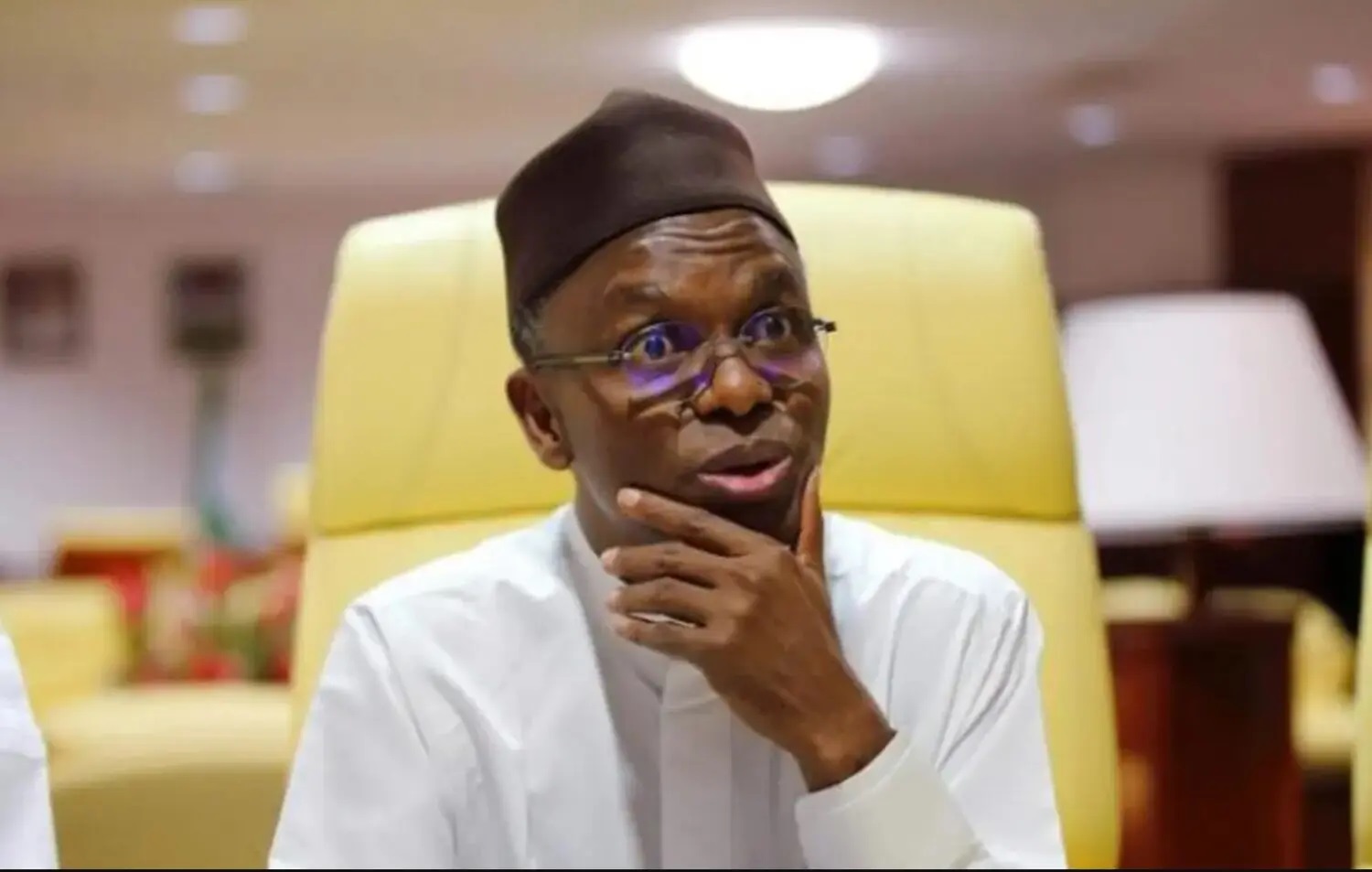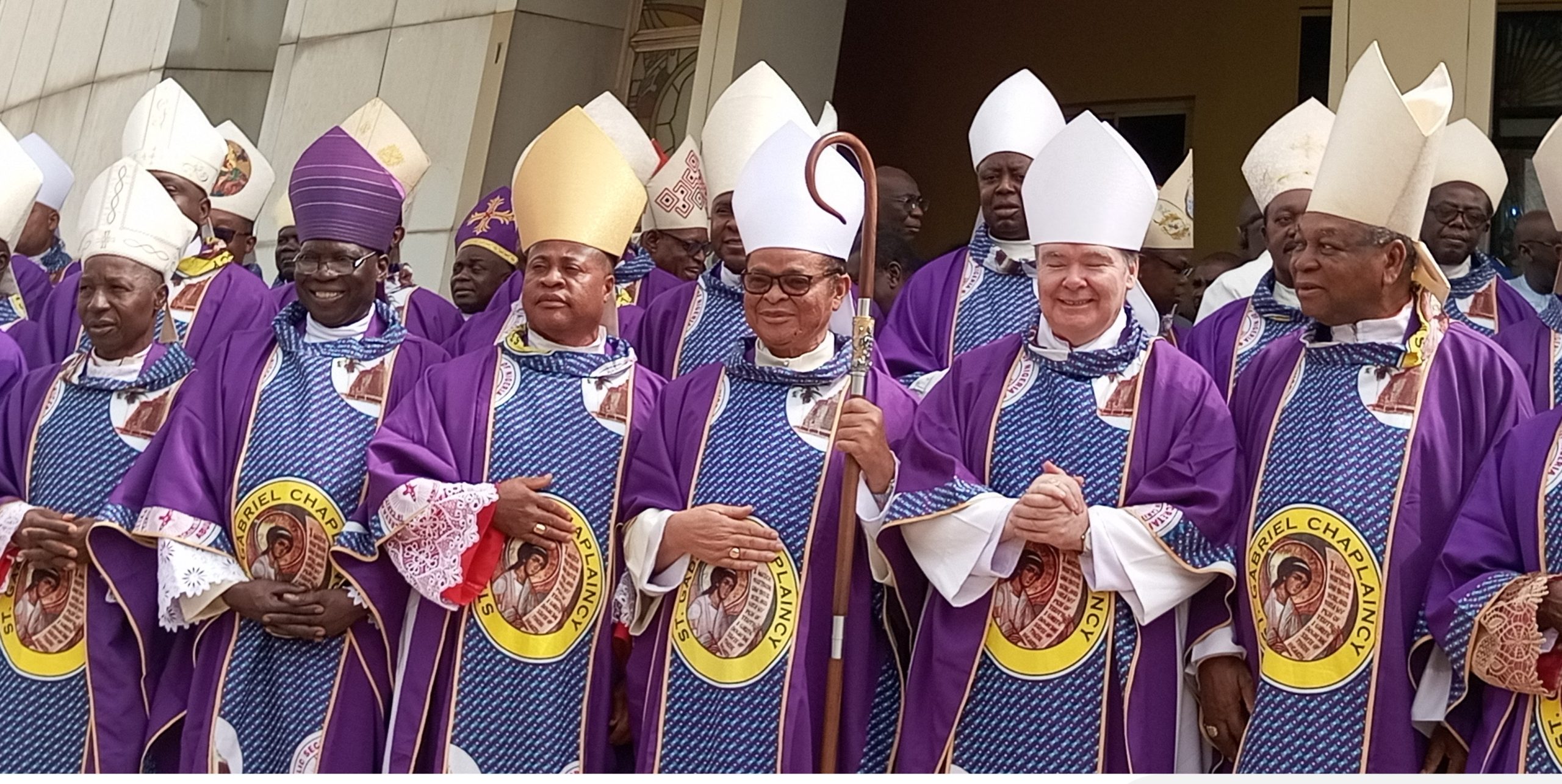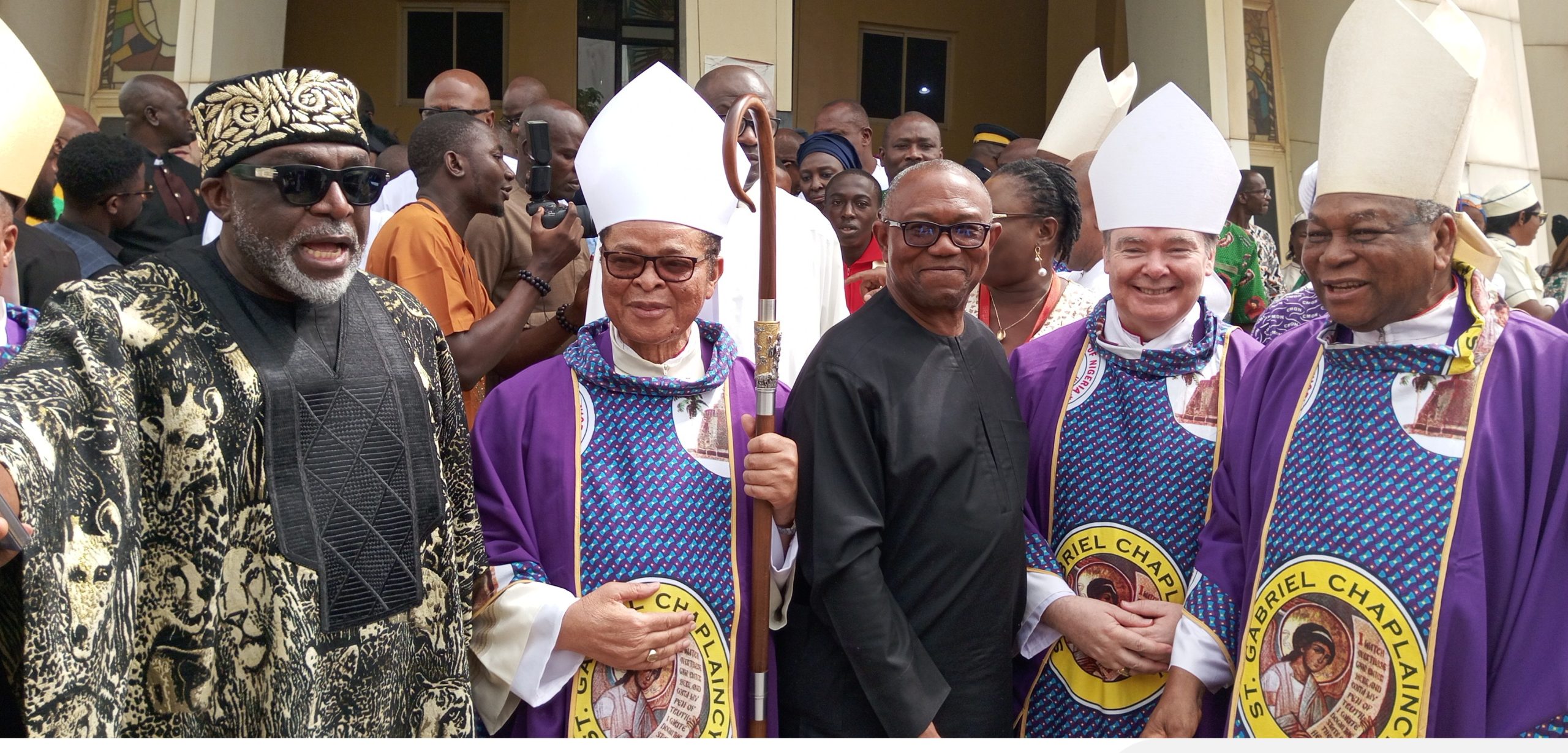The Katsina State Government says it will provide industrial tools to repentant bandits as part of its social reintegration programme.
The government also announced plans to build 152 houses and business support packages for displaced households in Jibia Local Government Area.
Governor Dikko Radda disclosed this in a statement on Monday signed by Dr. Bala Zango, Commissioner for Information and Culture, and Maiwada Dammallam, Director-General, Media to the Governor. He made the remark during a high-level consultation on security, governance, and development in Katsina.
“The state government is planning to provide 152 IDP homes in Jibia for displaced families, plus business support packages, cattle and industrial tools for repentant individuals to prevent violence relapse,” Radda said.
The governor reiterated that security remains at the top of his development blueprint, alongside education, agriculture, healthcare, MSME support, and revenue generation.
Job Creation and Urban Renewal
Deputy Governor Faruk Lawal-Jobe said the administration had created 35,903 jobs across sectors under its Building Your Future Policy. These include teacher recruitment, ward head appointments, and the engagement of vigilantes, hunters, and religious leaders in peacebuilding.
He also highlighted the N74.9 billion Urban Renewal Project covering Daura, Funtua, and Katsina Senatorial Districts, with key projects such as the 24km Eastern Bypass, eight dualised roads in Katsina, and major rural road reconstructions.
Education, Agriculture, and Welfare
The government said it has:
Built 160 new classrooms, rehabilitated 258, and trained 18,000 teachers.
Upgraded 152 schools under the AGILE project, established three model schools, and fully settled exam fees.
Awarded N6.18 billion scholarships to 174,451 students, including overseas sponsorships.
In agriculture, it distributed 400,000 bags of fertiliser annually, procured 400 tractors, provided 4,000 irrigation pumps, and launched a Goat Rearing Initiative to empower women and herders.
On welfare, the state paid N24 billion in gratuities, wage awards, Ramadan packages, civil service reforms, and large-scale food distributions.
Healthcare, Water, and Energy
Under its Healthcare Transformation Programme, the administration built or upgraded 260 ward-level primary health centres, renovated general hospitals, established a dialysis and diagnostic centre, and secured international donations of medical equipment.
It also injected N14.6 billion into water projects, completed major dams and irrigation schemes, and converted rural hand pumps into solar-powered boreholes.
In the energy sector, the government completed N3.84 billion worth of solar mini-grids, installed 74km of solar streetlights, restored high-tension power lines, and upgraded transformers in rural communities.
Security and Peacebuilding
Commissioner for Internal Security and Home Affairs, Nasiru Mu’azu, attributed banditry, kidnapping, and cattle rustling to greed, envy, climate-related resource conflicts, and long-standing social injustices.
He said banditry spread from five LGAs between 2011–2015 to 25 LGAs after the collapse of the 2015–2023 amnesty programme.
Mu’azu clarified that the recent peace agreements in DanMusa, Jibia, Batsari, Kankara, Kurfi, and Musawa LGAs were community-driven and not initiated by the state government.

